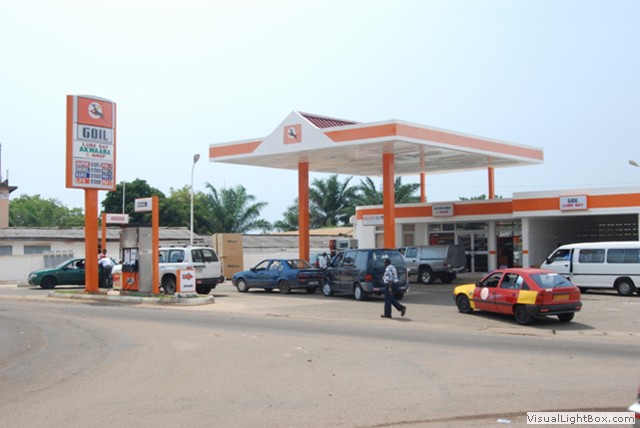Fuel prices in Ghana are expected to drop sharply starting November 1, 2025, a move anticipated to ease pressure on transport operators and consumers alike.
The Chamber of Oil Marketing Companies (COMAC), in its latest outlook report, projects that petrol prices could fall by up to 5.21% to GH¢12.92 per litre, while diesel may see a 6–8% reduction, settling at around GH¢13.10 per litre. The anticipated cuts reflect easing global crude prices and a relatively stable cedi.
According to the COMAC report, LPG prices could fall by as much as 6.66%, with retail prices expected to hover around GH¢13.60 per kilogram. Should the adjustment take effect across Ghana’s more than 200 oil marketing companies, it would constitute the most significant fuel price reduction of the year — a notable shift in a market where price drops of this magnitude are uncommon.
According to COMAC, several fuel retailers are preparing to introduce the new prices this weekend, though others may wait until next week to clear old inventory or recalibrate dispensing systems.
The chamber links the projected price drops to falling international crude oil prices and the cedi’s firm performance against major currencies throughout October — factors that have eased import and distribution costs for marketers.
During the October 16 pricing window, the Ghana cedi appreciated by 11.22%, rising from GH¢12.63 to GH¢11.21 to the US dollar — a reversal that nearly erases the currency’s 13.33% loss in the previous quarter. Market analysts link the recovery to the Bank of Ghana’s shift toward spot foreign exchange sales, a policy credited with boosting liquidity and improving efficiency in the forex market.
Globally, crude oil prices dipped to $62.82 per barrel, their lowest level in five months, amid renewed US-China trade frictions and fears of an oversupply in the coming months. The price of refined products also fell — petrol by 3.30%, diesel by 2.48%, and LPG by 2.35%.
Analysts say the projected cuts will likely ease pressure on transport operators and could suspend planned fare hikes by driver unions. They further expect the reductions to have a ripple effect across the economy, helping to slow inflation by lowering distribution and food prices, thereby easing the overall cost of living.






